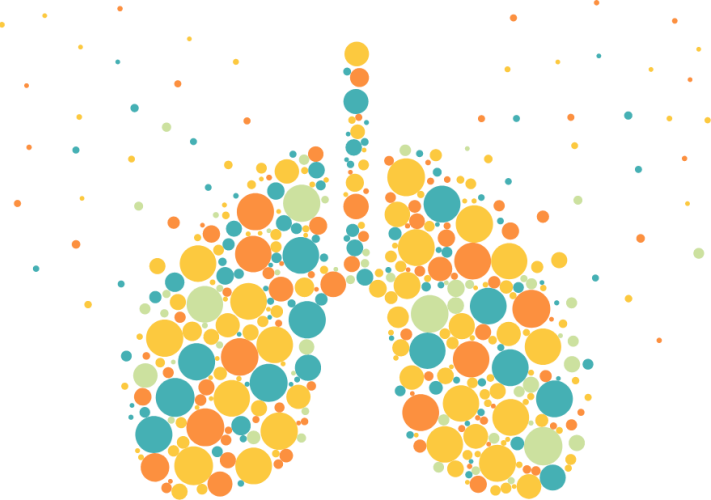I am a healthcare professional within Hull
I am a patient within Hull, directed to this site by my healthcare professional
What the scheme has achieved so far...
Short acting beta agonist inhalers (aka 'blue inhalers') are often used to relieve symptoms in asthma. Frequent blue inhaler use can reflect poor asthma control and risk of asthma attacks. The Sentinel Project aims to reduce the number of blue inhalers needed by asthma patients by improving people's asthma control. Blue metered dose inhalers also have a greater impact on the environment than other inhaler types. Improving peoples' asthma control using guideline recommended treatments can also be good for the environment.
This project was initiated in a stepwise fashion across the primary care networks within Hull and East Yorkshire. These figures represent data to December 2021 in 5 primary care networks, where initiation started in November 2020 for PCN 1, February 2021 for PCN 2, June 2021 for PCN 3, September 2021 for PCN 4 and October 2021 for PCN 5.
Comparison with the same period in the previous year and includes a summation of year one SABA reduction from baseline and year two SABA reductions from the same initial baseline. The figure hence assumes that without the SENTINEL intervention prescribing of SABA inhalers would have remained unchanged from baseline in year one and year two. Figures also displays SABA inhaler use across ALL respiratory patients and are not adjusted for changes in patient numbers during the assessment period. Calculations assume that 100% of SABA inhalers prescribed were pMDIs. The average carbon footprint of SABA pMDI is 28kg eCO2.

27,609 fewer blue inhalers issued for the treatment of asthma
Did you know that frequent use of blue inhalers in asthma can be a sign of poor asthma control and reflect increased risk of an asthma attack?

Equivalent to a saving of 773 metric tonnes CO2e
Did you know that blue metered dose inhalers have a larger carbon footprint compared to other inhalers? Reducing the need for blue inhalers in asthma can be good for the environment as well as being good for patients.





